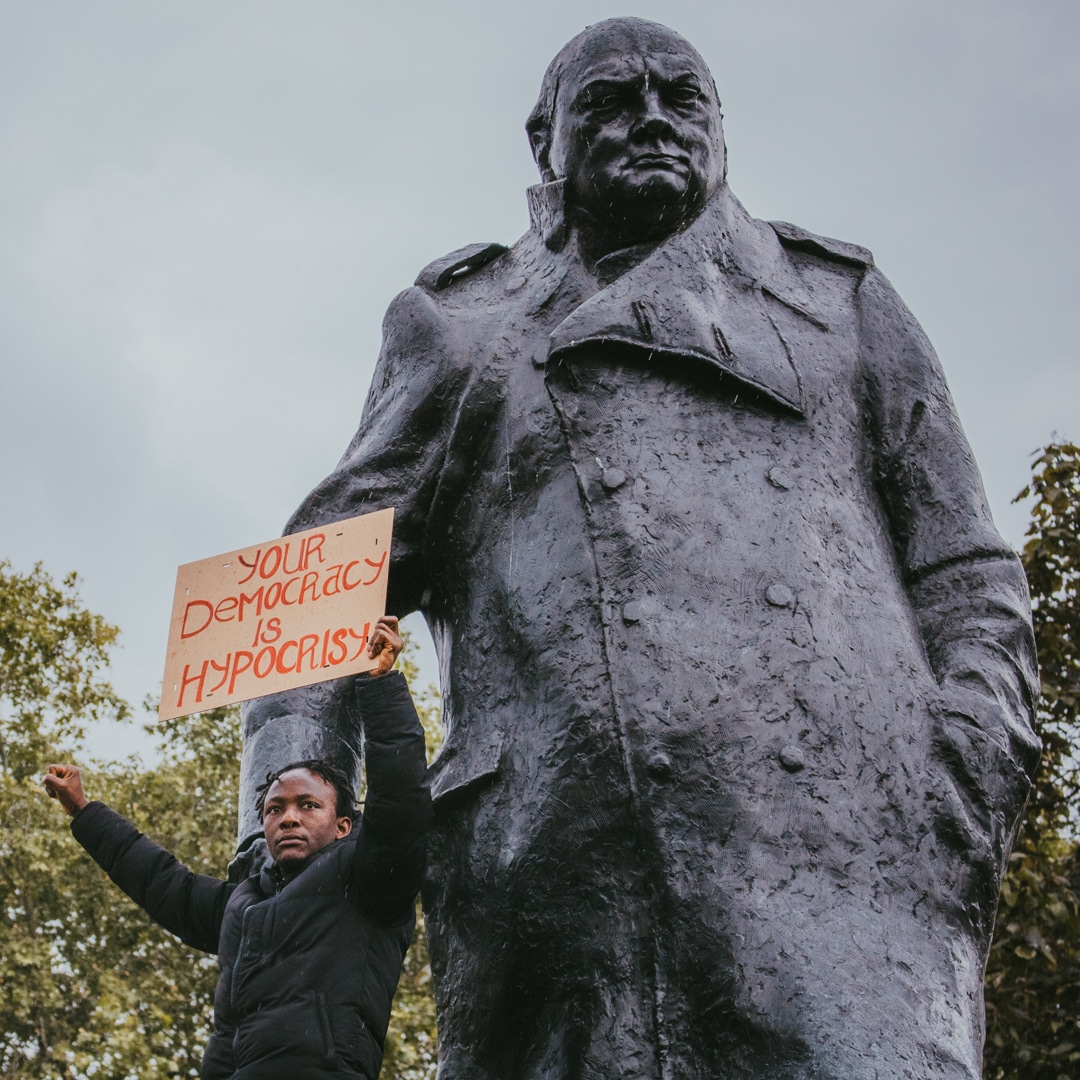
Whether it’s helping out a neighbour in need, assisting a stranger living rough on the streets or being asked at the checkout to donate $2 to charity, we are all, at some point, involved in the action of giving.
The giving of service. The giving of time. The giving of money. We often find ourselves giving from a place of good intention, but not fully understanding the consequences of our actions.
Away from home, when travelling in a developing country, it’s especially difficult to ignore the begging children on the streets, families living in overcrowded homes and poverty, the absence of healthcare and the poor state of schools.
In 2006, Australian philanthropist Tara Winkler witnessed the distressing realities of children living in poverty whilst visiting a Cambodian orphanage. She was so moved that she returned a year later with money she had fundraised, ready to work hard to improve the children’s quality of life. During her time as a volunteer, she discovered that the orphanage’s director was abusive and misappropriating donations, an occurrence not unheard of in the industry. Winkler also learnt that most ‘orphans’ still had their families but were living in these institutions to escape the poverty cycle.
Attempting to save these children, Winkler established her own orphanage in 2007, only to realise it was further fueling Cambodia’s widespread misuse and exploitation of orphanages, causing harm to children and separating families. She has since developed the Cambodia Children’s Trust, an organisation that aims to address root causes of poverty and family unit breakdown through social work and locally based initiatives involving education and healthcare, providing sustainable and positive futures for at-risk communities.
By spotlighting this story, I am not aiming to discourage the act of giving but rather to motivate individuals to have a more considered approach on how we give and to whom. As highlighted in philosopher Peter Singer’s book, The Life You Can Save, ‘perhaps those who do not research think that it will be too difficult to find out what charities offer better value, so they may as well give to whatever charity last caught their eye’. This is reflected in Australia’s Giving Report from 2019, when it was recorded that 41% of Australians would donate more money in the next 12 months if they better understood where their money would be spent, whilst 23% hoped for more transparency about the cause and its regulations.
So, how can we shift these figures and guide people toward more impactful giving choices?
Let’s take a look at UNICEF. According to their Donate Where Need is Greatest appeal, of each dollar donated, 80 cents is specifically directed towards helping vulnerable children, 14 cents to essential fundraising costs and six cents to administration.
Given these figures alone, it’s difficult to assess the lasting impression of this particular campaign, so we have to look further. We discover their main goal is to break the vicious cycle of poverty by providing small initiatives that will have beneficial, long-term effects. A donation of 84 dollars equates to 84,000L of clean drinking water made accessible to some of the most at-risk children and their communities around the world. This small change results in the difference between a safe and healthy child to one who might face life-threatening illnesses through contaminated water supplies. At this point, we can gauge that donations will be properly utilised by this cause and will be incredibly significant to the lives of these children, stressing the importance of who we give to rather than a quantitative measure.
However, it’s a big ask for everyday people, simply trying to do their part, to pause and assess how their time and money could best be spent. Sometimes, it is just simpler and seems just as effective to donate to any charity that loosely relates to an ethical issue that matters most to us. To make better decisions when it comes to giving, online organisations such as The Life You Can Save and GiveWell can help evaluate and recommend high-impact, cost-effective and evidence-based charities, proving that everyone has the potential to make a meaningful impact.
By taking a few extra measures to reflect and consider where and how we direct our intentions, we can make more ethical choices that result in sustainable outcomes and give to others in a way that transforms their lives for the better.
This article won the 2024 Young Writers’ Competition Under 18s category.
Ethics in your inbox.
Get the latest inspiration, intelligence, events & more.
By signing up you agree to our privacy policy
You might be interested in…
Opinion + Analysis
Business + Leadership, Society + Culture
The Ethics Centre: A look back on the highlights of 2018
Big thinker
Society + Culture
Big Thinker: Epicurus
Opinion + Analysis
Politics + Human Rights, Society + Culture
Why sometimes the right thing to do is nothing at all
Opinion + Analysis
Politics + Human Rights, Relationships, Society + Culture




